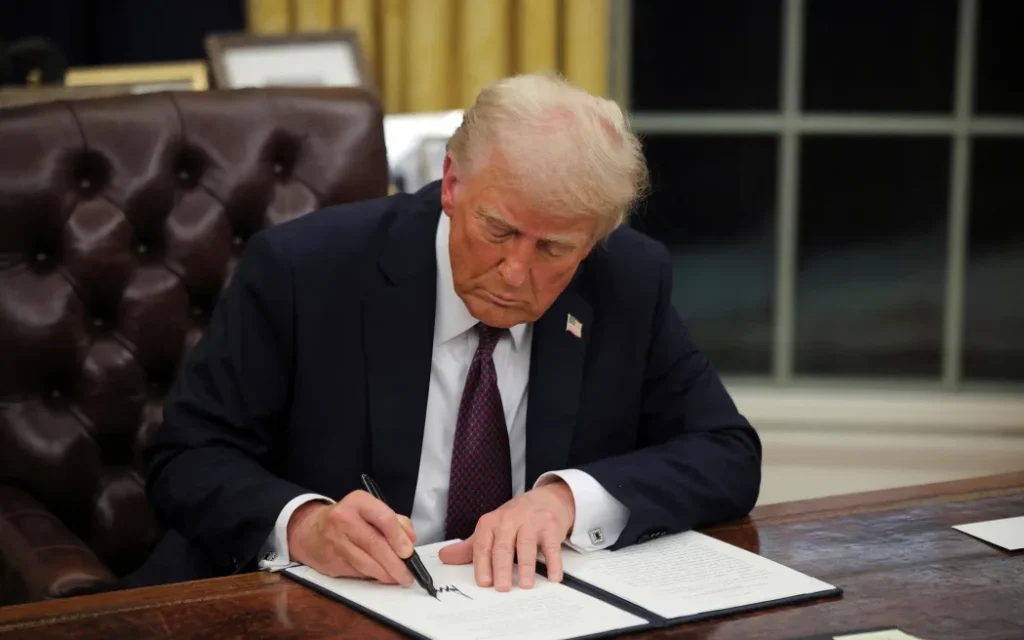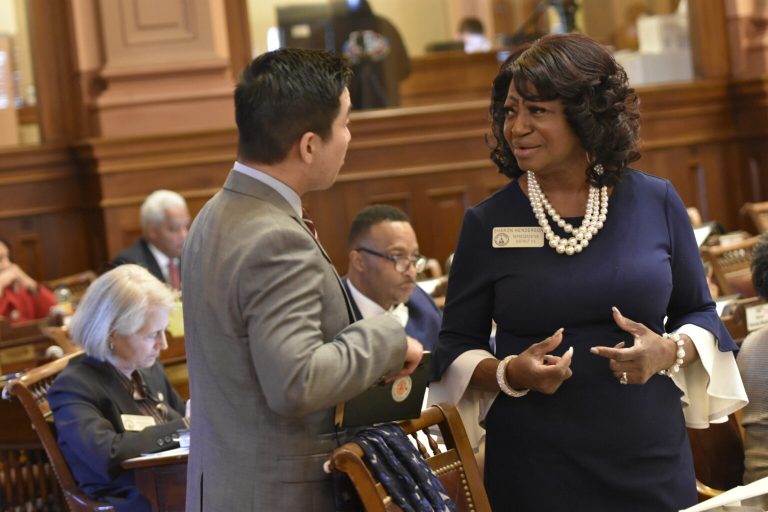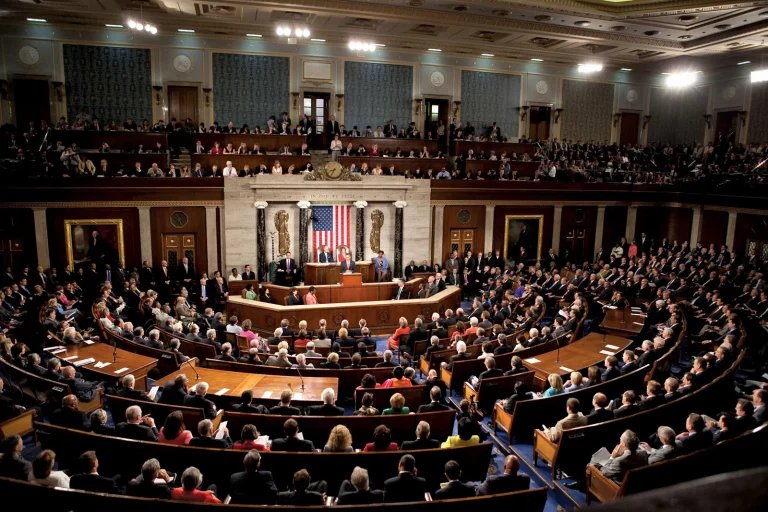
A federal judge in Seattle blocks Trump’s executive order, which aims to deny automatic U.S. citizenship to children of non-citizen parents.
Legal Challenges Against Trump’s Immigration Policy
The executive order faces five lawsuits from human rights organizations and 22 state attorneys general, calling it a constitutional violation.
Judge John Coffenour grants a temporary restraining order, preventing enforcement while courts review the legal and constitutional implications of the policy.
Assistant Washington State Attorney Lane Polozola states, “Babies born today would no longer be considered U.S. citizens under this policy.”
The lawsuit, led by Democratic attorneys general from Washington, Arizona, Illinois, and Oregon, seeks to block this controversial Trump immigration reform.
Birthright Citizenship Ban and Its Legal Implications
Many experts argue the policy directly violates the 14th Amendment, which guarantees citizenship to individuals born on U.S. soil.
Polozola emphasizes, “This case is a serious constitutional issue that requires urgent judicial review for the protection of fundamental rights.”
Trump Administration Defends Birthright Citizenship Ban
The U.S. Department of Justice calls the policy “a crucial step” to fix the broken immigration system and strengthen border security.
According to the executive order, children born after February 19, 2025, whose parents lack U.S. citizenship or permanent residency, would:
– Be denied citizenship and related legal protections
– Lose access to Social Security numbers and federal benefits
– Face potential deportation or legal uncertainties
If implemented, this policy could impact over 150,000 children annually, raising serious legal and humanitarian concerns.
What Happens Next? Future Legal Battles and Supreme Court Review
This case may advance to the U.S. Supreme Court, potentially shaping future immigration policies and citizenship rights in America.


